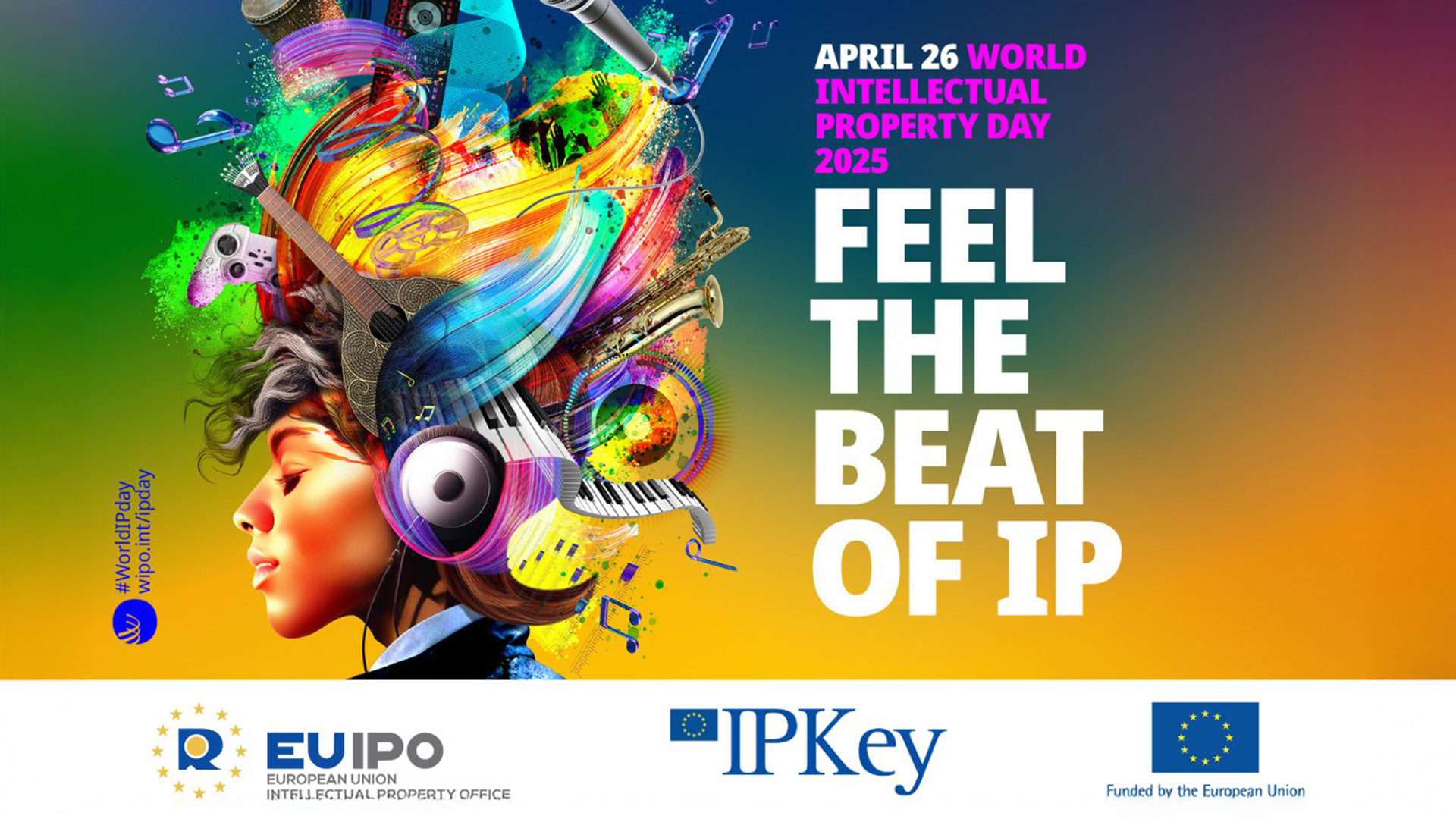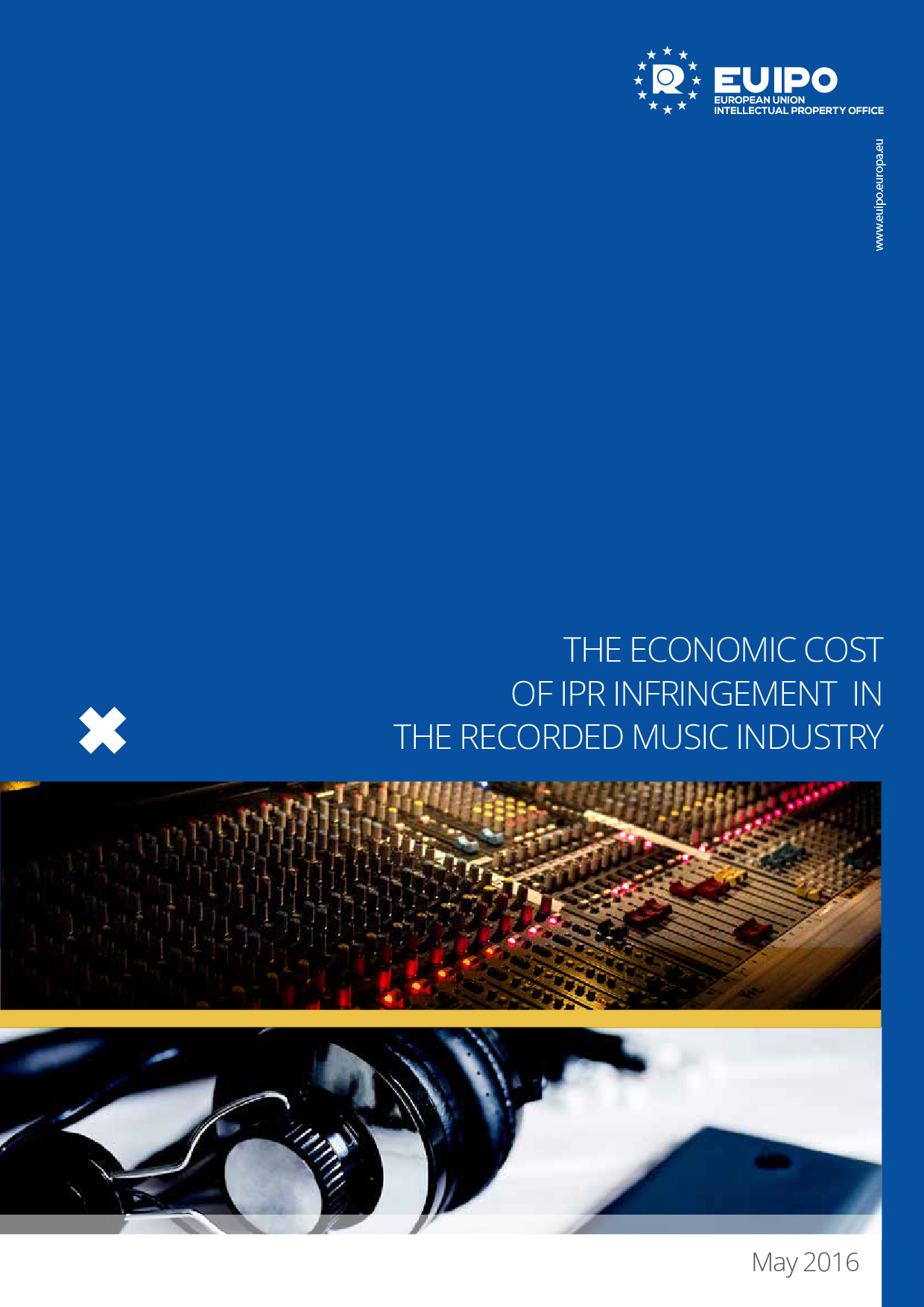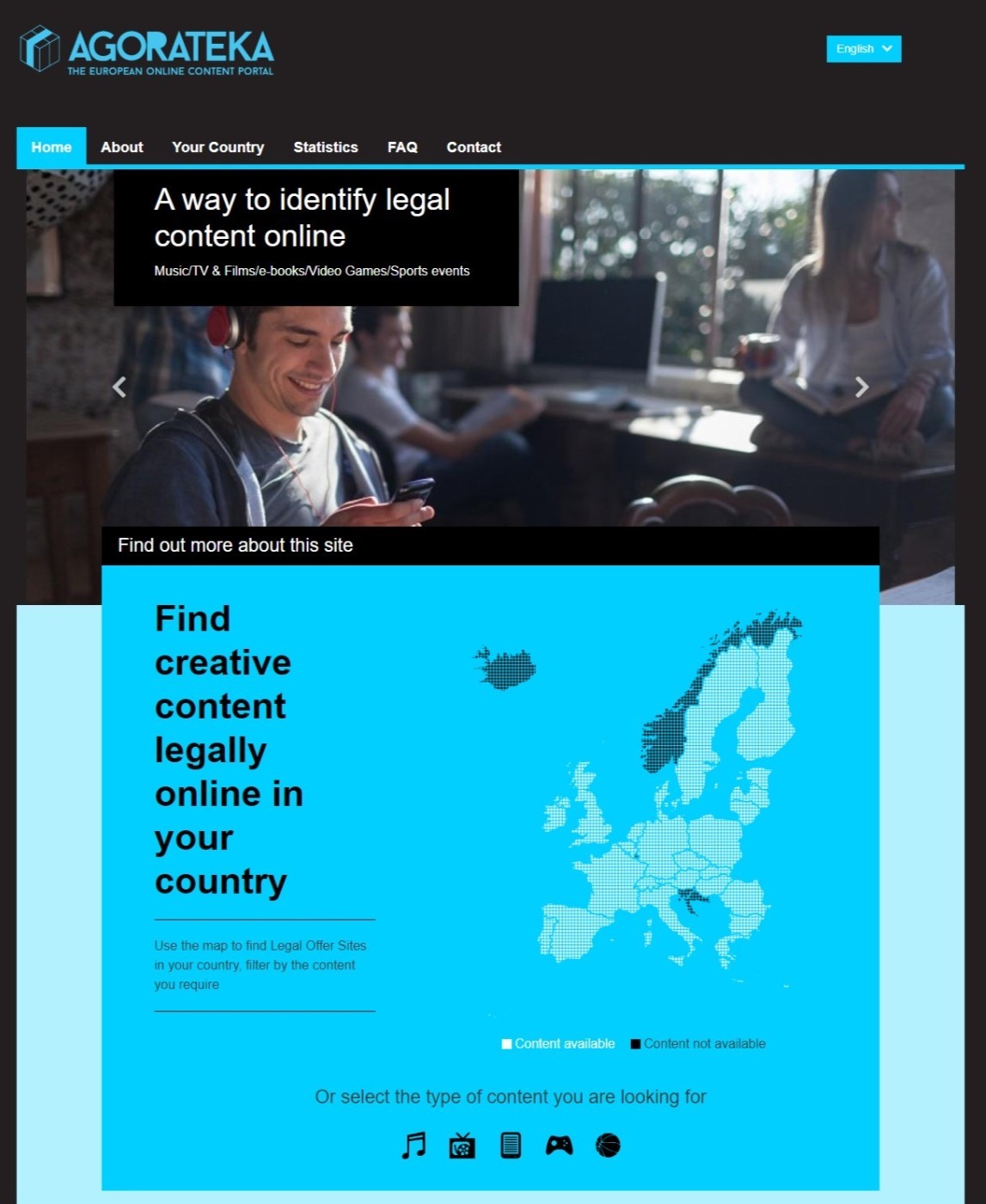The EUIPO beats the drum for IP protection in the music industry
Music is a universal language, woven into every culture and deeply connected to our humanity. Even in its simplest forms – beat and sound – it has the power to move, inspire and heal.
This year, World Intellectual Property Day, celebrated annually on 26 April, embraces the theme ‘IP and Music: Feel the Beat of IP’. It acknowledges music as a global form of creative expression while underscoring the importance of protecting artists’ rights and fostering their talent.
Here’s a quick guide to what you need to know about IP and music.
IP rights and the music industry
Beyond creativity, the music industry thrives on intellectual property, with copyright and trade marks being its two key forms of protection.
Copyright grants creators the exclusive right to benefit financially from their work (economic rights) and to claim authorship or prevent unauthorised modifications (moral rights). Unlike trade marks, copyright protection is automatic – it begins the moment a work is created, generally without the need for registration.
Trade marks, on the other hand, protect distinctive signs such as names, logos, colours, images, patterns, shapes, packaging and even sounds. Unlike copyright, trade marks must be registered and protection begins from the date of registration.
Protectable materials
- Copyright: musical compositions, lyrics, sound recordings, sheet music, music videos, album artwork and orchestral and band arrangements.
- Trade mark: ‘distinctive signs’ that are associated with musical artists, bands, record labels and music venues and festivals can be registered for protection.
Duration of protection
- Copyright: in the European Union, copyright lasts for the author’s lifetime plus 70 years. Outside the EU, the duration of posthumous protection varies by country but is a minimum of 50 years.
- Trade marks: typically valid for 10 years, with unlimited renewals – each extending protection for another 10 years.
Thanks to these IP rights, creators can financially benefit from their work through licensing – allowing others to use their creations in exchange for compensation.
The EUIPO’s efforts to protect IP in the music industry
The European Union Intellectual Property Office (EUIPO) has published numerous reports on IP rights infringements, including several focused on the music industry.
For instance, the Online Copyright Infringement in the European Union: Films, Music, Publications, Software, and TV (2017–2023) report revealed that in 2023, music piracy in the EU averaged 0.6 accesses per internet user per month – a slight increase on 2022. The most common method of accessing pirated music is ‘ripping’, with mobile devices being the preferred medium. Additionally, econometric analysis suggests that greater income equality correlates to lower levels of music piracy.
Online Copyright Infringement in the European Union – November 2024
Online Copyright Infringement in the European Union – September 2023
The Economic Cost of IPR Infringement in the Recorded Music Industry – May 2016
Beyond research, the EUIPO has developed Agorateka, a pan-European online content portal that helps users legally access creative content, including music, across the EU. This platform addresses common consumer concerns such as quality, safety (e.g. malware) and security when accessing online content.
Furthermore, as a global leader in IP cooperation, the EUIPO implements international projects and promotes voluntary agreements between intermediaries, service providers and IPR owners to strengthen collaboration in the fight against infringement.
In the EU, two memoranda of understanding (MoUs) specifically address online counterfeiting and piracy:
With technological advancements making it easier to distribute counterfeit and pirated content, including music, the fight against IP infringements has increasingly shifted to the online environment. These MoUs provide an efficient and cost-effective way to remove infringing content from cyberspace.
Here’s an update on their status and impact presented by an expert from the Directorate-General for Internal Market, Industry, Entrepreneurship and SMEs (DG GROW).
Frontier technologies: New opportunities and challenges
Artificial intelligence (AI) has significantly benefitted the music industry, streamlining the creative process for artists and enhancing the audience’s experience. However, it has also introduced new challenges, such as the use of copyright-protected content to train generative AI, as well as the rise of vocal clones and deepfakes.
EU Artificial Intelligence Act
The EU stands as a global leader in IP protection in the era of artificial intelligence (AI). It has adopted the world’s first comprehensive legislation regulating the development of AI and its use, an important milestone for AI governance and its responsible, sustainable growth.
To ensure that artists, record companies, and festivals can continue offering the products and services we love, it is crucial to protect their IP rights. This week, be sure to follow the hashtag #WorldIPDay as the world celebrates the universal language of music and the creators behind it.




